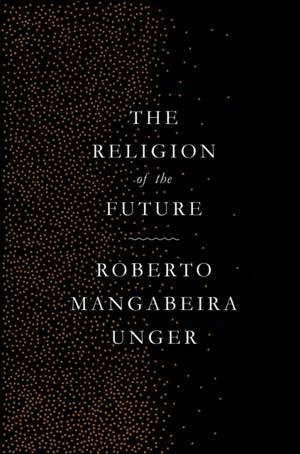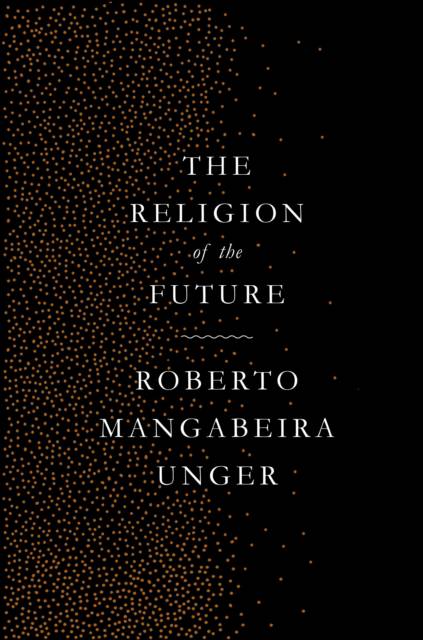
- Afhalen na 1 uur in een winkel met voorraad
- Gratis thuislevering in België vanaf € 30
- Ruim aanbod met 7 miljoen producten
- Afhalen na 1 uur in een winkel met voorraad
- Gratis thuislevering in België vanaf € 30
- Ruim aanbod met 7 miljoen producten
Zoeken
Omschrijving
A new philosophy of religion for a secular world How can we live in such a way that we die only once? How can we organize a society that gives us a better chance to be fully alive? How can we reinvent religion so that it liberates us instead of consoling us? These questions stand at the center of Roberto Mangabeira Unger's The Religion of the Future an argument for both spiritual and political revolution. It proposes the content of a religion that can survive without faith in a transcendent God or in life after death. According to this religion--the religion of the future--human beings can be more human by becoming more godlike, not just later, in another life or another time, but right now, on Earth and in their own lives. They can become more godlike without denying the irreparable flaws in the human condition: our mortality, groundlessness, and insatiability.
Specificaties
Betrokkenen
- Auteur(s):
- Uitgeverij:
Inhoud
- Aantal bladzijden:
- 476
- Taal:
- Engels
Eigenschappen
- Productcode (EAN):
- 9781784787301
- Verschijningsdatum:
- 25/10/2016
- Uitvoering:
- Paperback
- Formaat:
- Trade paperback (VS)
- Afmetingen:
- 155 mm x 234 mm
- Gewicht:
- 725 g

Alleen bij Standaard Boekhandel
+ 103 punten op je klantenkaart van Standaard Boekhandel
Beoordelingen
We publiceren alleen reviews die voldoen aan de voorwaarden voor reviews. Bekijk onze voorwaarden voor reviews.











